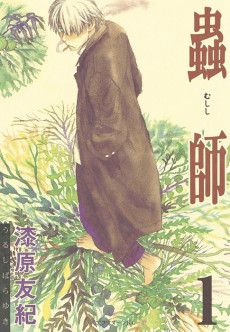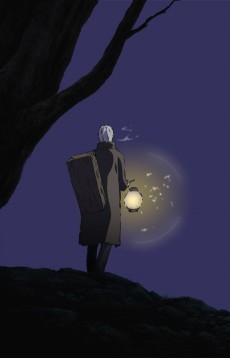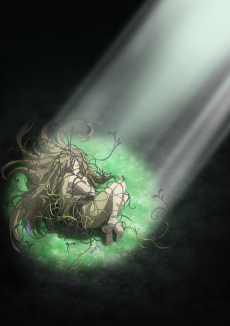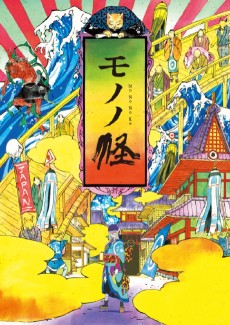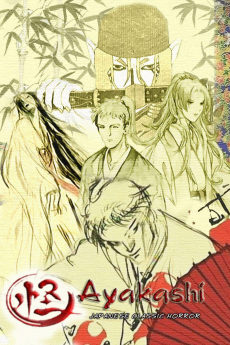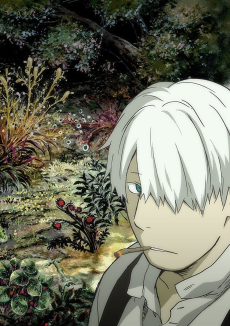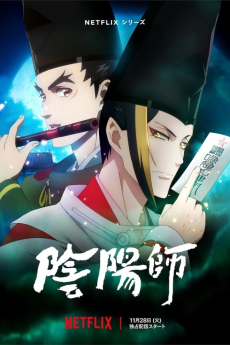MUSHISHI ZOKU SHOU 2
STATUS
COMPLETE
EPISODES
10
RELEASE
December 22, 2014
LENGTH
24 min
DESCRIPTION
Second season of Mushishi Zoku Shou.
Ghostly, primordial beings known as Mushi continue to cause mysterious changes in the lives of humans. The travelling Mushishi, Ginko, persists in trying to set right the strange and unsettling situations he encounters. Time loops, living shadows, and telepathy are among the overt effects of interference from Mushi, but more subtle symptoms that take years to be noticed also rouse Ginko's concern as he passes from village to village.
CAST
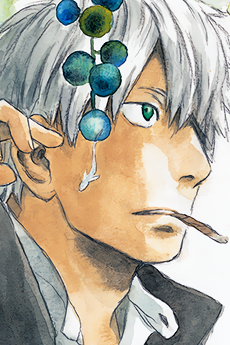
Ginko
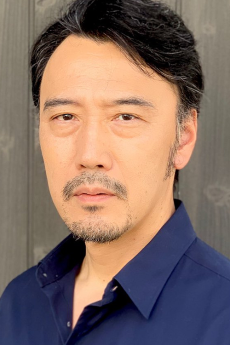
Yuuto Nakano
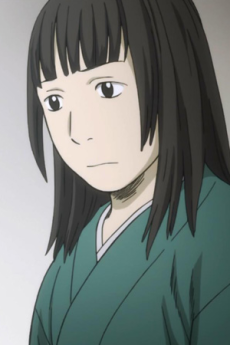
Yura

Shiori Koshikawa
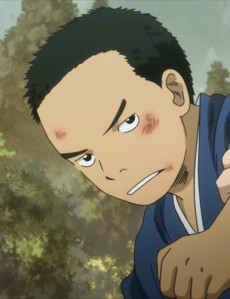
Gen

Rin Kanazawa
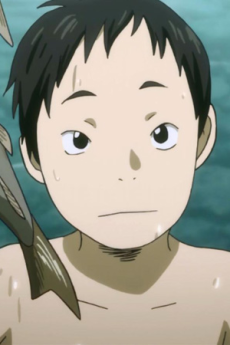
Yuuta

Megumi Han
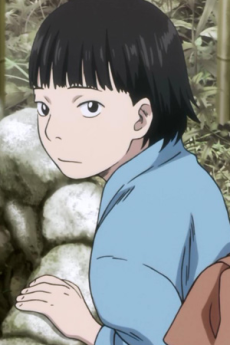
Izumi
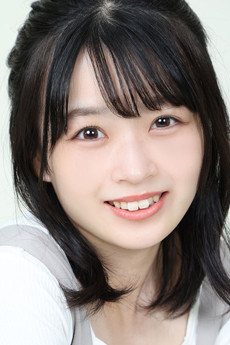
Ayu Matsuura
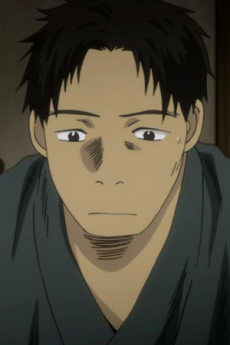
Shigeru

Masahito Yabe
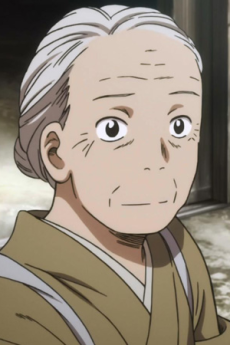
Mikage

Reiko Suzuki
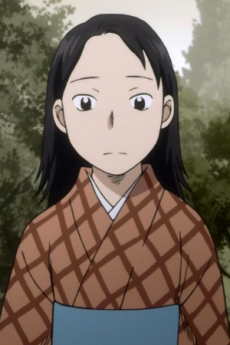
Mizuho

Mayu Iino
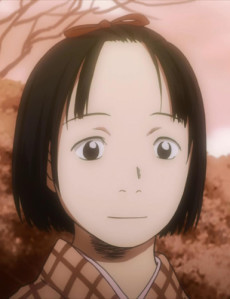
Akane

Rinna Ishikawa
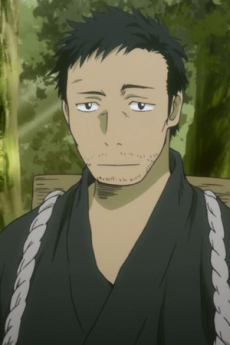
Suguro

Ryuusei Nakao
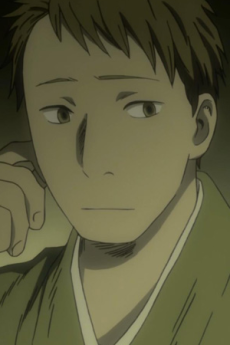
Kaoru
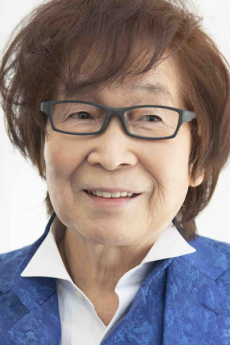
Toshio Furukawa
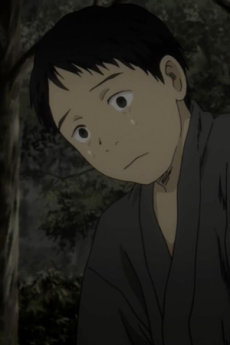
Sousuke

Ruito Koga
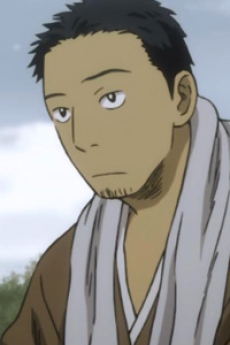
Kanta

Kouji Tsujimoto
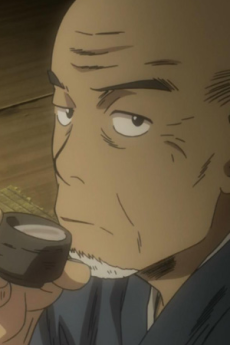
Youkichi

Tomomichi Nishimura
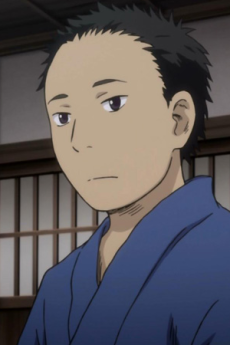
Reki

Eru Yamada
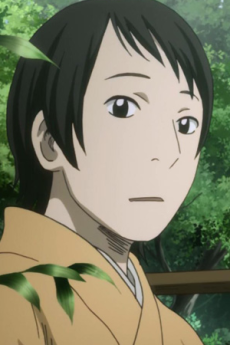
Taki
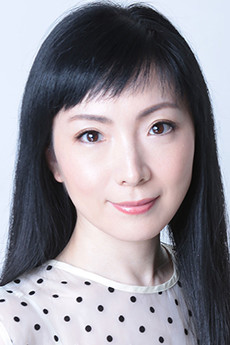
Fumiko Orikasa
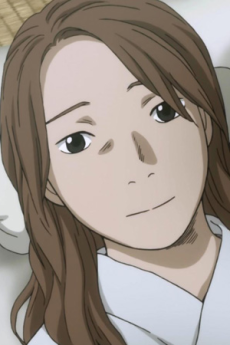
Yui
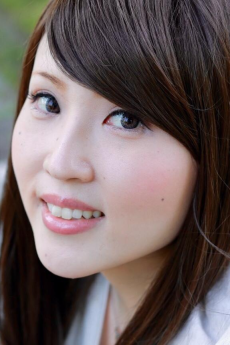
Subaru Tougou
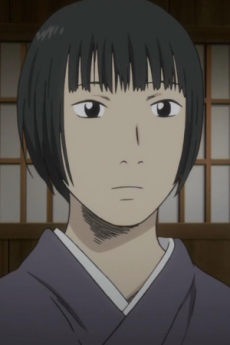
Shino
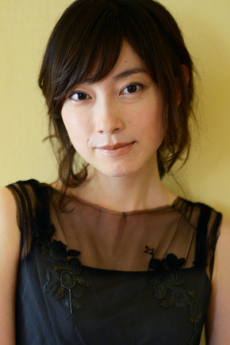
Megumi Kobashi
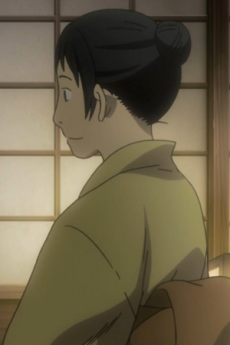
Kanta no Tsuma

Sayaka Yukino
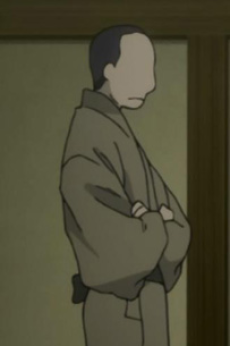
Kaoru Chichi
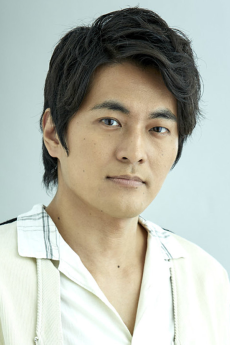
Chikahiro Kobayashi
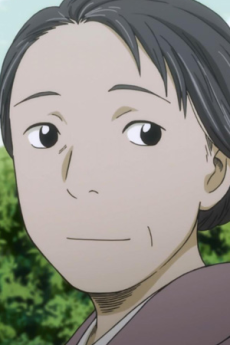
Iku
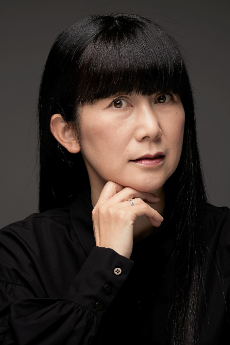
Shino Kakinuma
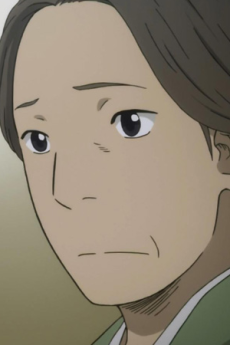
Yui no Haha

Miho Kunori
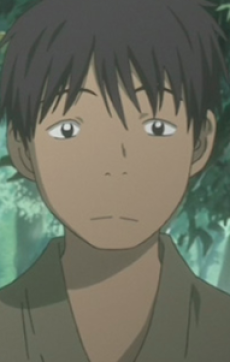
Isaza

Ami Koshimizu
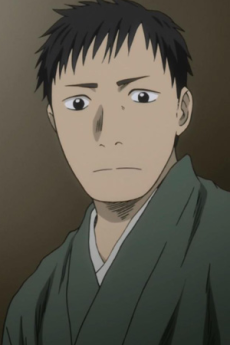
Gen no Chichi
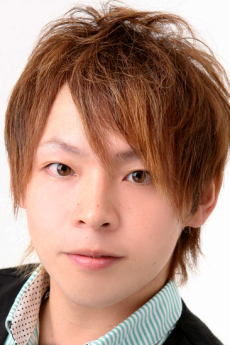
Shinya Hamazoe
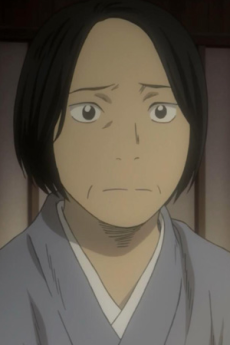
Kanta no Haha

Katsumi Seino
EPISODES
Dubbed
RELATED TO MUSHISHI ZOKU SHOU 2
REVIEWS

GARfield
100/100A uniquely fulfilling experience, providing a reflection on the essence of life and what makes it truly worth livingContinue on AniList“They seem strange and alien. Primitive and peculiar, they are unlike any flora or fauna known to us. From time immemorial, men have feared these misshapen entities which came to be known as 'mushi'.” 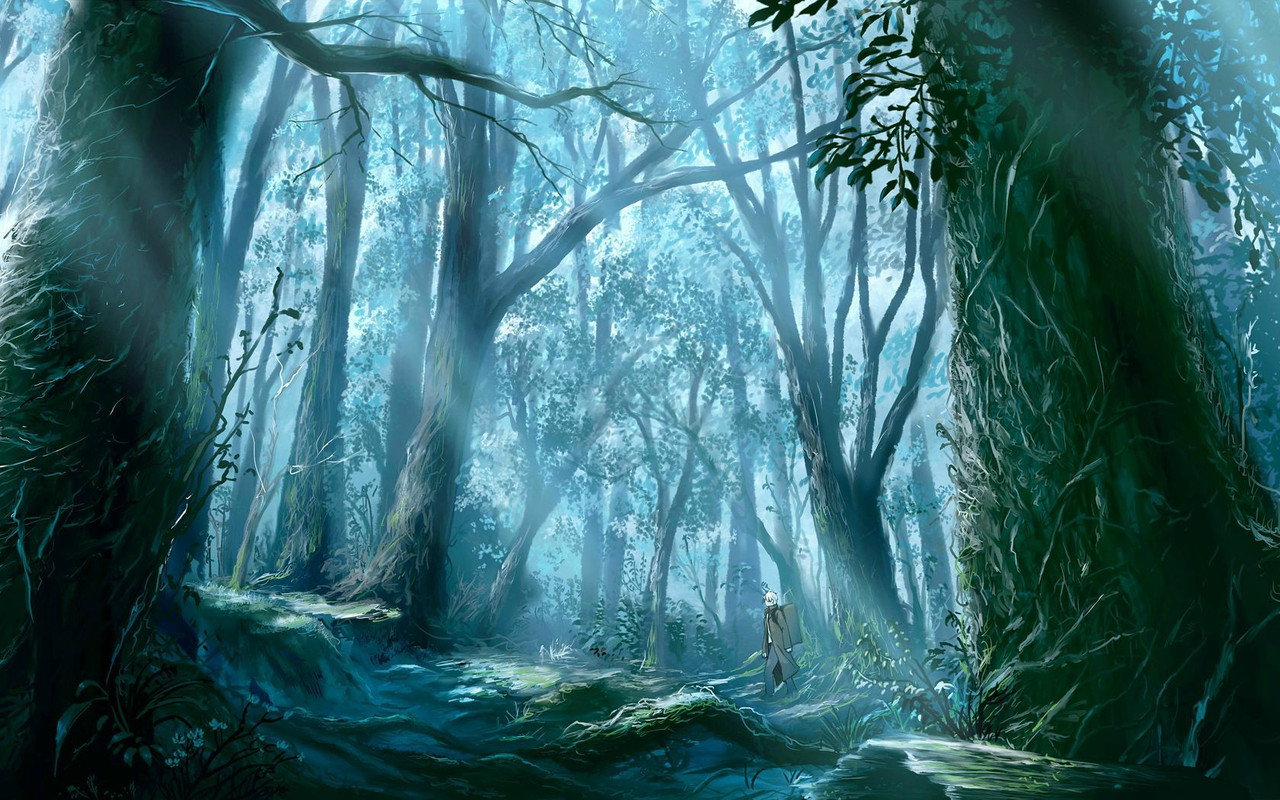
Continuing on from Season One, the Second Season of Mushishi Zoku Shou gives us a further selection of weird and wonderful stories centering on the interactions between many different kinds of people, mushi and elements of the natural world which they make up.
But just what exactly are ‘mushi’? Well to give you an idea, they are described as beings which are mostly invisible to the human eye, taking up a strange but captivating variety of forms, shapes and sizes. Their aim is simply to live. In doing so they can be seen as a symbol of life at its most basic element, a reminder that humans are not the only beings who are trying to survive in this world.
Each episode within this series looks at the fascinating world of mushi through human eyes, documenting many people’s encounters and experiences with these creatures. More often than not, each of these stories is observed by our central protagonist Ginko, who plays less of a role to directly advance the plot but rather acts as an observer, a representation of the audience satisfying our curiosity to learn more about this weird spiritual-like world where things are never fully understood.
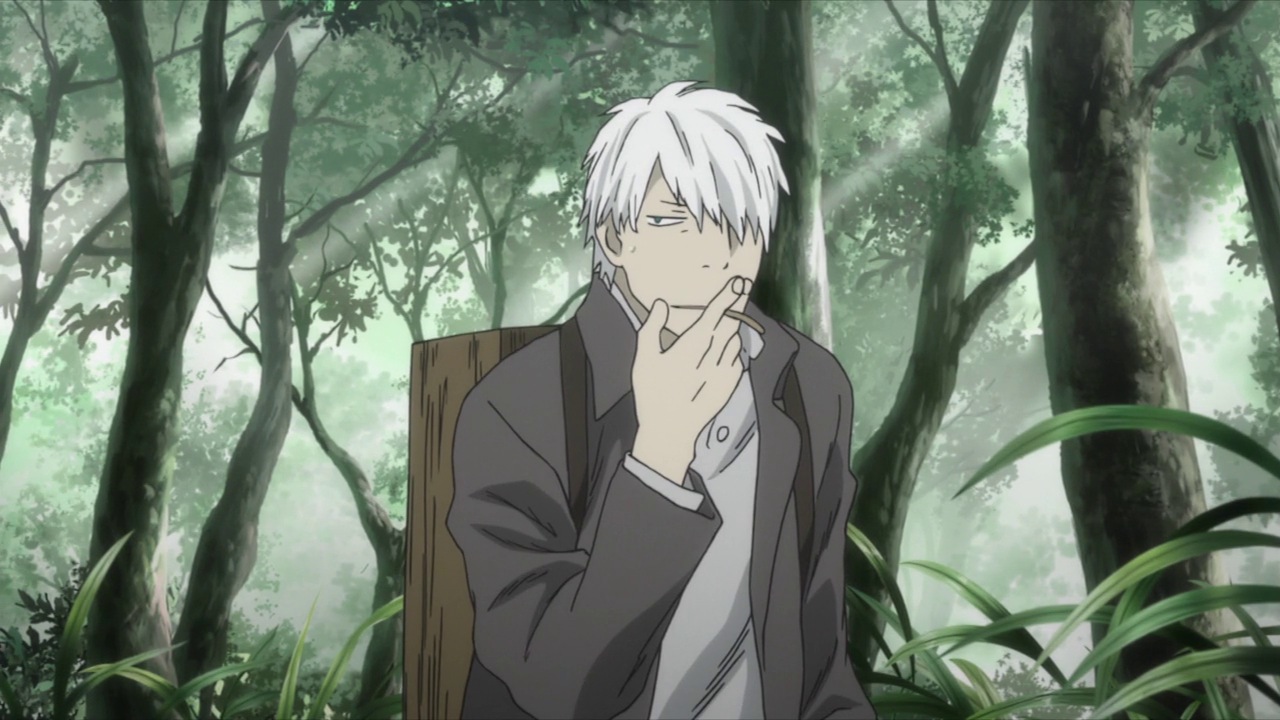
Despite acting primarily as a cohesive plot element, forming one of the few bits of structure present across the show by tying together all these tales with the encounters he has, Ginko is also an intriguing character in his own right. Cool, calm and collected, he has a natural ability to form intimate connections with the various strangers he meets across his endless travels in an attempt to study and understand the different kinds of mushi which live in their world. The “mushi-shi” Ginko has his own story too which gradually gets revealed as the series progresses, though there is no order to this development since it occurs in one-off episodes like that of the rest.
The episodic nature of Mushishi is definitely a change of pace from what we are regularly used to in our watching experience, something which cannot just be consumed instantly but rather requires a bit of reflection on the subliminal moral and philosophical themes that are present. Although I found that this individualistic style of storytelling meant that certain episodes had a greater significance and emotional impact than others, the quality of the series as a whole was still maintained throughout. The ability to take a step back and appreciate each new episode as a unique experience in itself really stood out, with any fears over a lack of conclusion resolved after watching “Suzu no Shizuku”, which adapts the final manga arc following this part.
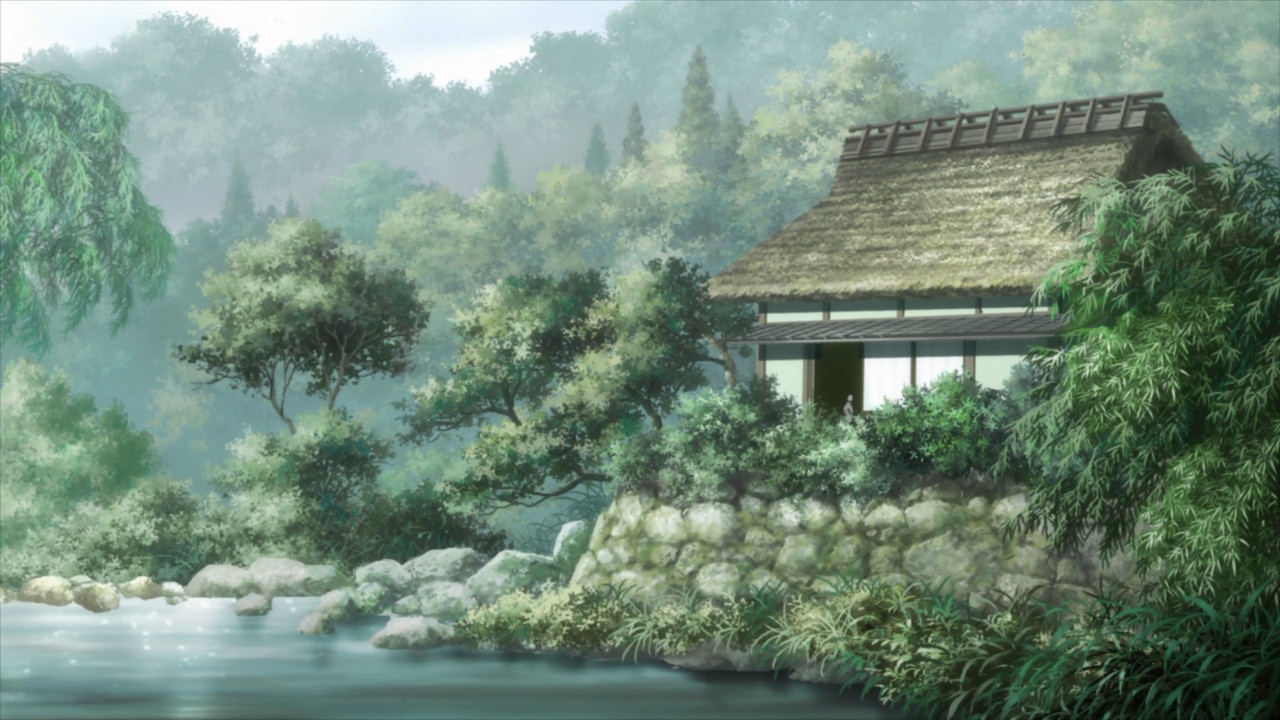
The Soundtrack is one of the more underrated aspects of this show, which it shouldn’t be because the music absolutely makes the overall atmosphere and impact of each story. Honestly what else can I say but brilliant – Masuda is nothing short of a magician, employing the use of gentle chimes and other simple, yet effective sounds to provide the gorgeous backdrop to this series and truly make it special. The tracks are just as good as the original, showcasing that talent is definitely permanent. Without any particularly standing out, I found that instead the best use of the music is to pull you into the show, putting you in a state of relaxation almost akin to meditation, where all worries drain away once the episode starts and Lucy Rose’s beautiful voice plays one of my all-time favourite Openings.
What, to me, is especially great though would have to be the endings. You know that experience you get after finishing a truly great anime? The awe-struck staring at your screen as you watch the credits roll? Well this series has that, but for the ending of every single episode, more than in part due to the efforts of Masuda and his masterful symphonies. Please never skip the endings before going onto another episode, because they’re simply too good to miss out on!
𝘚𝘰𝘶𝘯𝘥𝘵𝘳𝘢𝘤𝘬 𝘚𝘩𝘰𝘸𝘤𝘢𝘴𝘦:
If you are intrigued by the prospect of a laid-back, calming, quietly beautiful yet ultimately melancholic show that presents a lot of ideas about what it means to be alive – leaving it up to the viewer to decide what’s truly important – then I cannot recommend this series enough. It’s truly unlike anything else I have ever seen, which made forming an overall opinion and rating really hard until I realised a simple fact: I didn’t actually want this to end! This is a series that could have easily become monotonous and disengaging, each episode generally being completely different from the next, but in fact this has turned out to be something incredibly special because it reminds us of one thing: that if we have a life, then we should just try our best to live it. No matter what happens in the end, whether we achieve happiness or not, all that matters is that we had the ability to be alive in the first place – the potential to enjoy different places, people and things as Ginko finds on his travels. There’s one thing which you can be sure of after finishing Mushishi: it’s something which you will never quite be able to forget.
Matheusmiranda96
100/100Um convite a contemplação do ser.Continue on AniList"Mantidos como seres distantes, inferiores e anormais. Eram seres bem diferentes daquela fauna e flora da qual estávamos acostumados. Eram, de fato, um grupo de seres grotescos mais temíveis que vós, homens, desde os tempos de outrora. Despercebidamente, o senso comum o reconheceu como ‘mushi'”.
Esse trecho pertencente a obra explica sobre os Mushis (que pode ser traduzido como 'inseto'), seres sobrenaturais que habitam o plano natural, embora só possam ser vistos por pessoas com habilidades especiais. Os Mushis são formas de vidas extremamente básica, podendo ser encontradas várias espécies, representando as forças da natureza, quase que míticas. Poucas são as pessoas que possuem capacidade para vê-los, aqueles quem as possui são chamados de Mushi-shi.

O papel do mushi-shi é fundamental pois as pessoas, geralmente, são ignorantes quanto à existência dos mushis, o que acaba as deixando vulneráveis. Essas criaturas não são, em essência, boas ou más, mas ao dividirem o espaço com humanos podem trazer consequências incríveis ou aterradoras, podendo viver como parasitas. O trabalho de um mushi-shi é atender e investigar acontecimentos anormais, protegendo as pessoas dos efeitos dos mushis.
Cada um possui seu próprio estilo. Há os que consideram caçar e eliminar mushi a melhor solução, os que vivem em aldeias como médicos ou conselheiros, os que observam os mushi como naturalistas, não há regras predeterminadas.
No anime acompanhamos diversos acontecimentos, em sua grande maioria muito tristes e trágicos. Dificilmente algum episódio termina de forma feliz, reforçando a ideia de um mundo real e sem misericórdia, onde tudo acontece de uma forma bem natural e crível. Os mushis são entidades que fazem parte da dia-a-dia dos humanos, e sua presença é fatal na maioria das vezes.

Mas não se engane! Estes seres não são bons ou maus em sua essência. Tal qual a natureza não é boa ou má, antes, ela é simplesmente "natural". Por isso, ao sofrer grande influência das ações humanas, as retribui de igual modo. Assim são os Mushis, um mero reflexo das diferentes tragédias cotidianas: doenças, velhice, perda de pessoas queridas , contendas, guerras, vinganças, fome, pestes, amores impossíveis, casamentos falidos, famílias destruídas, desastres naturais, fracasso, frustração...
Mushi-shi não é uma aventura repleta de ação, mas um convite a contemplação através da jornada do protagonista. Em caráter fantástico e melancólico, o enredo nos chama a percorrer os passos de Ginko por diferentes lugares. Sempre como um observador imparcial e racional, mas possuindo um forte senso de compaixão. A forma como Ginko enxerga o mundo, ajudando a quem precisar, seja animal, pessoa ou mushi, distoa bem o clima bucólico.

Mushi-shi não é uma história simples de se acompanhar. Através de acontecimentos trágicos somos levados a reflexão através de pontos necessários ao crescimento humano. A melancolia fornecida por situações difíceis e duras, que fogem de nosso alcance, com a costante sensação de mãos atadas; A tristeza deixada pelas perdas, sofrimentos, fracassos, desastres, ao se ver "caminhando" para a própria "destruição"; E a aceitação ao vermos que existe uma ordem natural em cada ação, que existe um ciclo de reconstrução e a vida segue seu fluxo, onde uns perdem e outros ganham, mas, que existe beleza mas pequenas coisas, culminando na felicidade.
Cada ser é igual por natureza mas diferente em sua essência. Entender a essência particular de todos em nossa volta é o que nos torna humanos.
Mushi-shi não é o tipo de história para se maratonar. Deve ser apreciada, buscando sempre contemplar a reflexão deixada em cada episódio.
" Aquilo considerado como estando além do nosso mundo são criaturas totalmente diferentes das ordinárias e grotescas que estamos acostumados a ver. Com o passar do tempo, as pessoas começaram a ter medo e respeito por essas criaturas, começaram a chamá-las de Mushi."


Ciaora39
92/100A sequel that cemented the series as one of the GOATs.Continue on AniList
There is a common saying that lightning never strikes twice at the same place. We can apply the same analogy to how a sequel of a classic never reaches its predecessor's quality. However, both statements are far from the truth; it’s just that we don’t often see both happen very often. But when we do see it, it's nothing short of magical.
What transpires in the discussion of Mushishi Zoku Shou is how it can keep the spirit of the original series alive and well. When you get right down to it, there isn’t any need to try anything new or different to the sequel to make it seem fresher. This is how Mushishi structures into different story arcs centered on its mythological lore of Mushi. The arcs supply a deeper meaning to the characters as we learn about the different types of Mushi we come across. From this perspective, Mushishi doesn’t need to do anything other than give us more than what we bargained for; they sure as hell made another accomplishment for the ages.
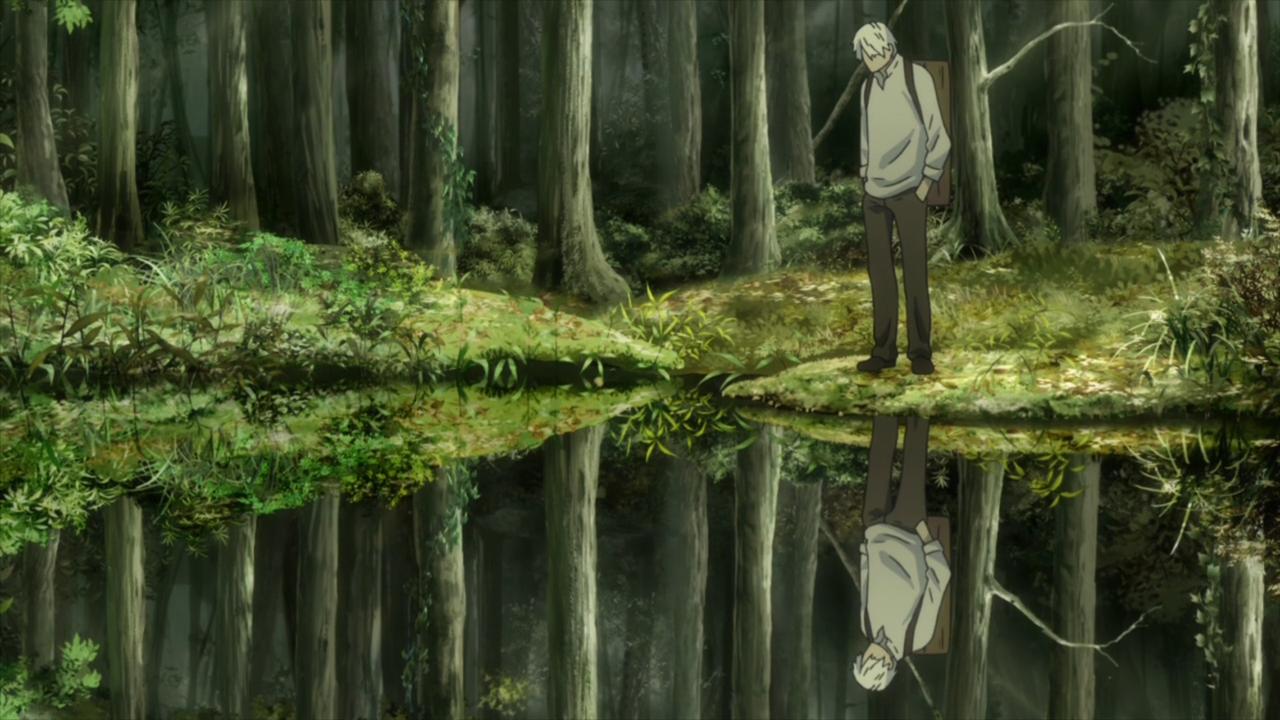
From a stylistic perspective, Mushishi Zoku Shou follows the same atmospheric tone as before. It transcends itself into a breathtaking journey into what the world of Mushishi brings to the table. From my previous review of Mushishi, I criticized it for how the world didn’t feel like the actual world that it wanted it to be. It tried to go far, but at the same time, it didn’t go far enough. With Mushishi Zoku Shou, it is apparent that we are shown a closer look at the various mythical structures of its world. This is one aspect of the sequel that I think improves more than the prequel in many ways. Here, more meat is to be explored, and it's gratifying to experience the rich landscape and how the Mushi engulfs the world.
As there are many plot arcs in each episode, there is the question of whether these new plot arcs hold a candle to the original series. While there were many great episodes of Mushishi that I can name, I could also name some that felt rather underwhelming compared to others. In many respects, Mushishi Zoku Shou offers more episodic stories that are stronger and more vibrant. From beginning to end, there was never an episode where I thought it was average, mediocre, or even decent; they are all merely good to magnificent.

What makes them more vital is how the characters that our hero, Ginko, comes across in his travels are more memorable to the viewing experience. Many of them garner praise because they manage to fit in in-depth characterization in only under 24 minutes. Like in previous episodic iterations, they all lead to a well-crafted conundrum that Ginko has to solve. This problem can vary in how they are approached in how the tone is settled. The mood is always the main focal point of Mushishi, ranging from mystical and transcendent to dark and unsettling. All are accomplished with high tenacity and wit that won’t fail to impress many who want a lucid experience in their anime viewing endeavors.
Animation has evolved since 2004, and Mushishi had a minimalist methodology for its artistic aesthetics. Although it may not look like it has changed its vibrant colors and lighting, it indeed flows in its animation more fluidly. New designs of Mushi pop up that look stunning to the eyes. Characters now have more range in movement thanks to the higher budget. Amazingly, it still feels freshly new, although it doesn’t do anything too drastic to make it more “modernized” for modern anime fans to enjoy.

Music has never been a prominent hallmark for the Mushishi series regarding how repetitive it becomes after the fifth episode. Not that it is unlistenable by any means, it is good by its standards, but I would’ve appreciated it more had there been more variety. The noteworthy thing to mention is the new opening to Mushishi Zoku Shou, which is far more welcoming than in Season 1. The first one’s problem stems from the fact that the singer was trying to do a bad Bob Dylan impersonation throughout. Mushishi Zoku Shou’s opening, sung by Lucy Rose, feels more in line with the peaceful tone that defines Mushishi.
In closing, I would call this a triumphant swan song for Mushishi to end on. Its efforts in bringing it back to show these remaining stories in animation form are admirable. The series continues to be considered a classic from the 2000s. Now it’s become a future classic in the 2010s. I can’t say I’ll be surprised by that assessment if it becomes a reality.
Grade: A
SIMILAR ANIMES YOU MAY LIKE
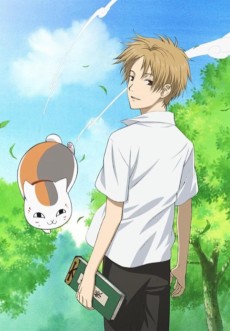 ANIME DramaNatsume Yuujinchou
ANIME DramaNatsume Yuujinchou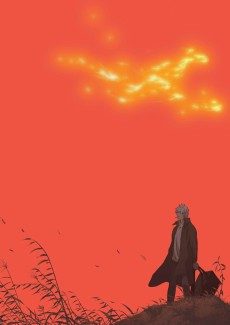 ANIME AdventureMushishi Zoku Shou
ANIME AdventureMushishi Zoku Shou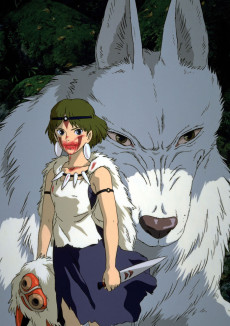 MOVIE ActionMononoke-hime
MOVIE ActionMononoke-hime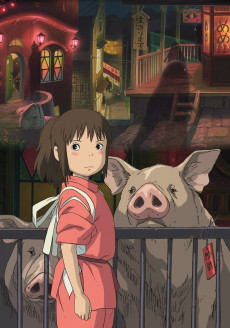 MOVIE AdventureSen to Chihiro no Kamikakushi
MOVIE AdventureSen to Chihiro no Kamikakushi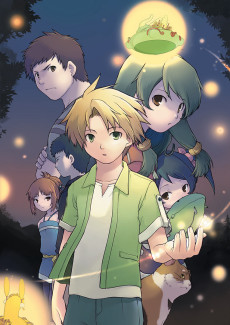 ANIME DramaZettai Shounen
ANIME DramaZettai Shounen
SCORE
- (4.3/5)
TRAILER
MORE INFO
Ended inDecember 22, 2014
Main Studio Artland
Trending Level 1
Favorited by 908 Users


